Inclusive Lending
Breaking Barriers: How Single Black Women Are Redefining Homeownership
June 19, 2025
In a housing market where high prices and mortgage rates are sidelining many aspiring homeowners, one group of buyers is forging ahead: single, Black women.
Single, Black women are now one of the fastest-growing groups of homeowners in the nation, making up about a third, 33%, of all solo female homebuyers, according to the National Association of Realtors (NAR) 2025 Snapshot of Race and Home Buying in America.
That’s up from 29% the previous year, according to NAR.
They’re also much more likely to purchase homes on their own than other racial groups.
“Black women are becoming a homebuying force because we’re no longer waiting for perfect conditions—we’re creating stability on our own terms,” said Mosi Gatling, a Las Vegas-based loan officer and the senior vice president of strategic growth and expansion at New American Funding.
“[This] speaks to our resilience and our desire for something permanent, something no landlord can take away with a 30-day notice,” Gatling said.
Single, Black women face challenges in the housing market
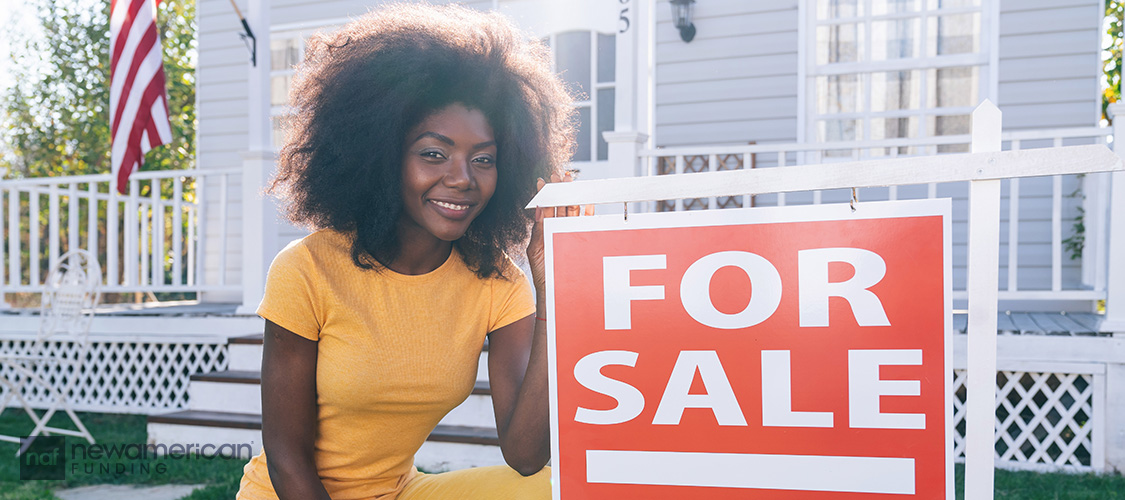
One of the biggest barriers to homeownership is affordability—especially for single, Black women who earn less than many other buyers.
Nationally, the median home list price was $431,250 in May, according to Realtor.com data. In the week ending May 29, mortgage interest rates averaged 6.89% for 30-year, fixed-rate loans, according to Freddie Mac.
“While single women have made significant strides in homeownership over the years, the journey remains fraught with challenges, especially for women of color,” said Amethyst Marroquin, research assistant for member and consumer survey research for NAR.
The affordability challenges are amplified when buyers only have one income. Black women earned a median $50,470 in 2023, according to U.S. Department of Labor data. That was about considerably less than white women who made a median $60,540 and white men who made $69,480 in the same year.
In addition, 42% percent of Black homebuyers report they have student loan debt with a median balance of $30,000, according to NAR. Since 77% of single, Black female buyers have a college degree, many are likely to be carrying student debt.
Black buyers are also more likely to report being rejected for a mortgage at least once during the buying process, often due to debt or lower credit scores. In fact, Black applicants face twice the mortgage denial rates, 21%, compared to white applicants, 11%.
That may help to explain why about 83% of all homebuyers were white, according to the 2025 NAR report. Black buyers represented just 7%.
The homeownership rate for Black households was 44.7% —much lower than white households, which had a 74.2% homeownership rate in the first quarter of 2025, according to the U.S. Census Bureau.
Yet despite these obstacles, Black women are still purchasing properties for themselves and their families. This gives them the opportunity to fix the majority of their monthly housing payment and build wealth over time.
“The share of minority first-time buyers continues to be higher compared to all buyers,” said Brandi Snowden, NAR’s director of member and consumer survey research.
How single, Black women are navigating the housing market

Many Black women are finding ways to cut down on the costs of homeownership.
About 12% of single, Black women purchased townhomes, which are often cheaper than standalone, single-family homes, according to the NAR report. That’s because these homes share walls and roofs and generally have smaller lot sizes, which generally results in lower construction costs.
Many are also exploring down payment assistance programs, which can help buyers cover their down payment and closing costs.
While homeownership gaps remain wide, the increasing rate of single Black women buyers marks a notable shift.
“Despite the barriers—credit, affordability, and the assumptions made about what we can afford or achieve—we’re showing up informed, prepared, and ready to own our future,” said Gatling.
Mosi Gatling NMLS # 557166
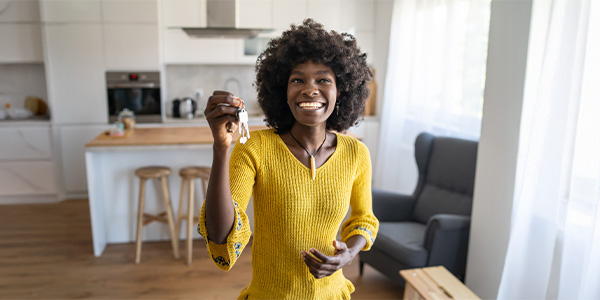

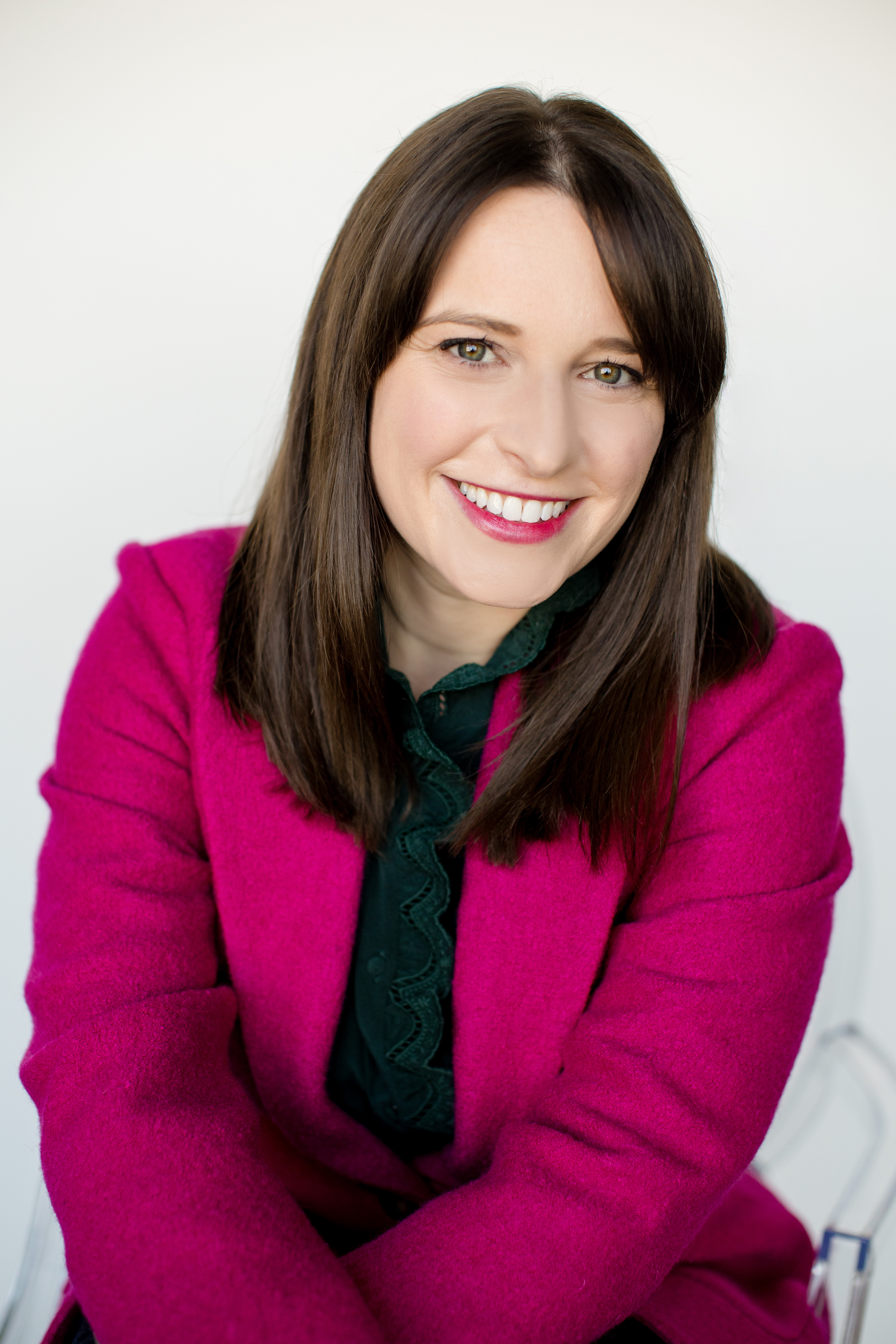
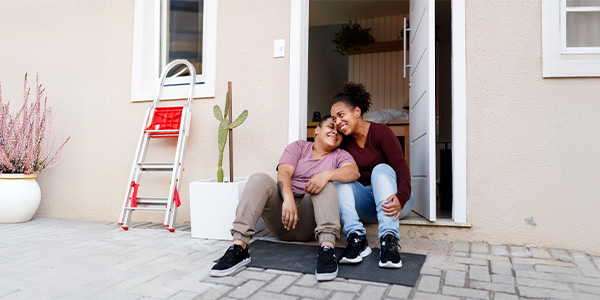

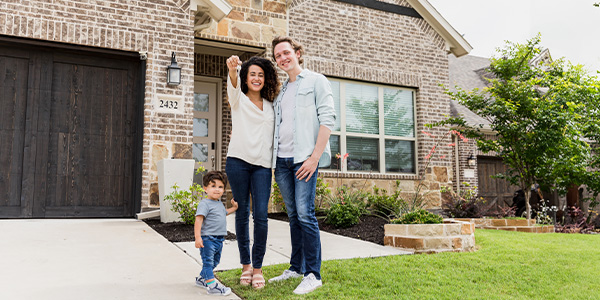
 Smart Moves Start Here.
Smart Moves Start Here.